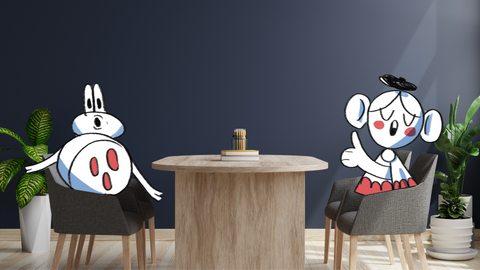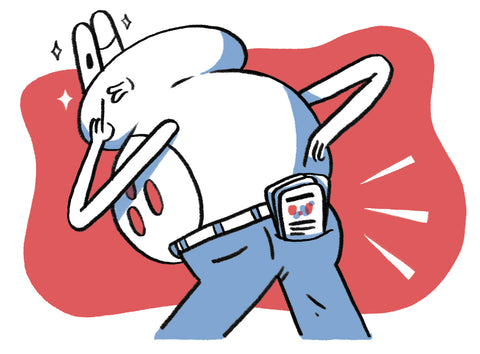This is an episode from Storyteller Tactics' launch campaign, written using Shock of the Old and Universal Stories
Rachel is in the zone
Deep in databases and reports, click through rates and eyeball tracking, consumer trends and competitor analysis. She looks up from her laptop, it’s 3.40pm. Where has Sunday gone?
Andi sticks her head round the door. “Hey Ra, you still at it?” she asks. “We’re out of milk, fancy a walk down the shop?” Yeah, thinks Rachel, the fresh air will do me good. Let the research sit there, a happy, shapeless gloop of ideas.
Twenty minutes later, the milk run has become a mini-shop, tonight’s dinner is taking shape as they walk round the store. “Oh my god Ra,” whispers Andi. “Check out Mister Ready Meals. Ten quid says he’s single.”
“Don’t be so judgy,” Rachel says with a mock-offended look.
“Oh come on,” says Andi. “What’s wrong with a bit of Trolley Judging. Don’t pretend you don’t do it too.”
By the time they reach the checkout, Andi has judged every trolley in the store: Mr Paleo. Nigella Wannabe. Trying to impress his girlfriend, first dinner date at home. Married with kids. Getting through Lockdown by drinking waaay too much.
As they walk home, Rachel thinks “hang on, maybe shopping is social, just not in the way Julie and Sohan think it should be. Perhaps shopping isn’t friendly, it’s judgy… how could we investigate that?”
Rachel’s research insight draws on two storytelling tactics.
Shock of the Old
It’s easy to get caught up in the excitement of the new: software, technology or emerging trends. And it’s easy to ignore the old: actions and objects that just don’t change. We might be able to buy things in a shopping app, but the hows and whys of our shopping habits haven’t changed in decades - maybe centuries. And making judgements about other people's purchases is a very old habit.
If an old behaviour or object has survived a long time, it must be useful. Old things contain deep wisdom. Stories are a great way to bring this wisdom out.
Universal Stories
Look at any human society, anywhere in the world, at any time in history, and you’ll find hundreds of behaviours in common. The anthropologist Donald Brown called these “Human Universals”.
We all have free will, and sometimes make choices we know we shouldn’t (we pick the cake, not the coleslaw). We all understand right and wrong: we expect fairness AND judgement from our peers (Trolley Judging). These universals are found in the engine room of the stories we tell.











